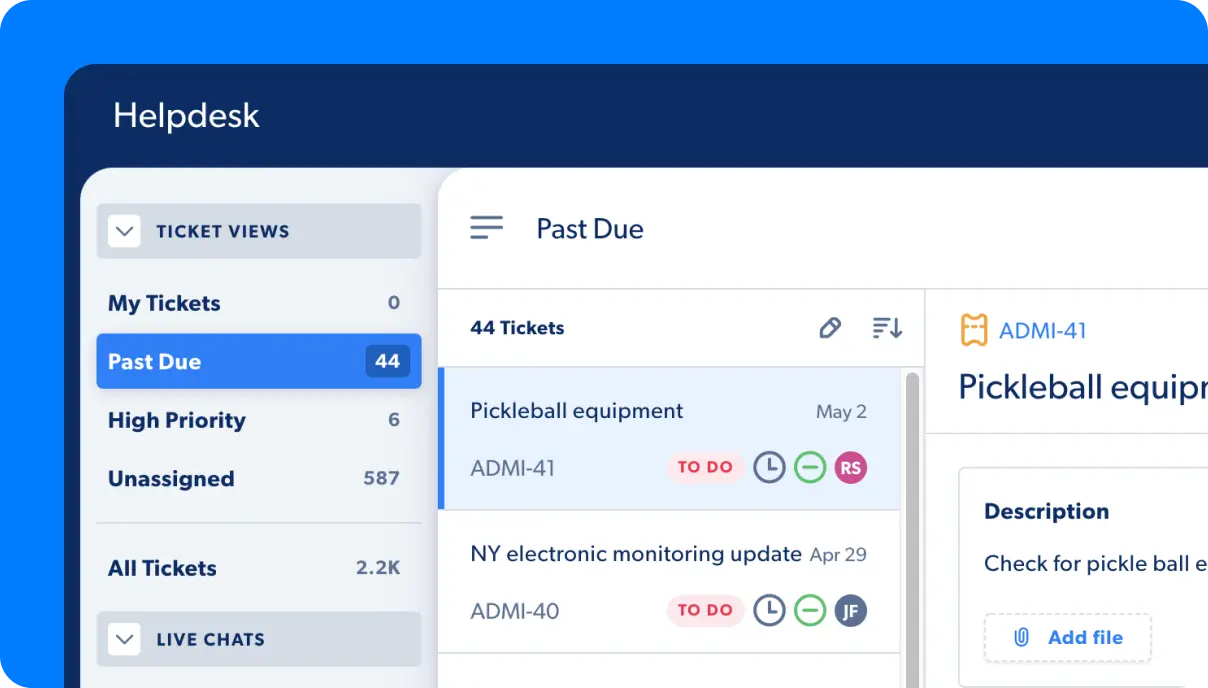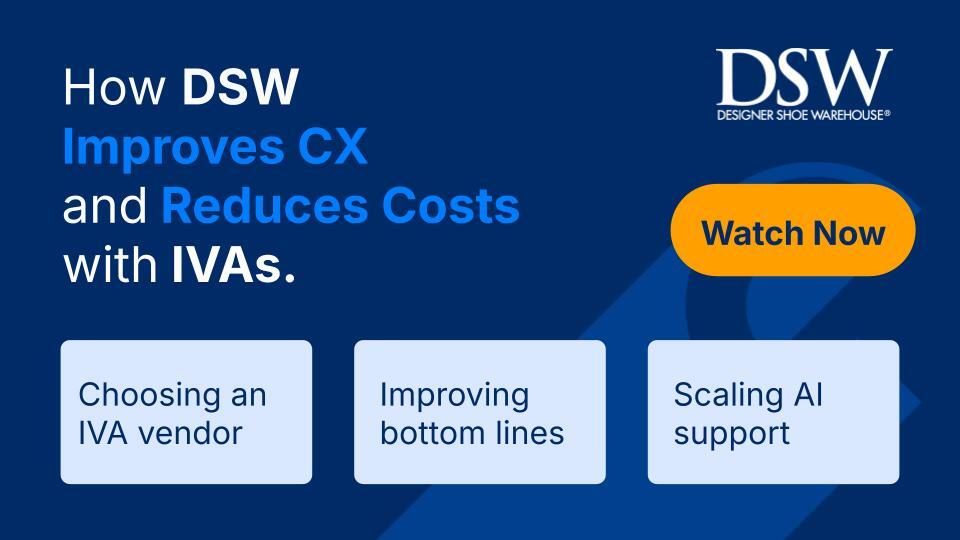Document processing has been tedious and laborious for as long as it’s been around. But with the emergence of intelligent document automation, that’s all about to change. Automation technology is poised to revolutionize the way we handle documents. It leverages Artificial Intelligence (AI) and Natural Language Processing (NLP) to make document processing easier, faster, and more accurate than ever before. By automating mundane tasks like data extraction and formatting documents, intelligent document automation solutions can save time and money while increasing accuracy and efficiency.
Continue reading to learn the basics, benefits, and examples of intelligent document automation.
What is intelligent document automation?

Intelligent document automation combines intelligent document processing (IDP) and intelligent automation technology to create a seamless business solution for orgs. Let’s break down both terms in more detail:
What is intelligent document processing?
IDP is a state-of-the-art technology that empowers organizations to quickly convert unstructured data from various sources into digital documents, such as digitized images, PDFs, and word processing files. By leveraging advanced features like machine learning and natural language processing, IDP can inspect data with incredible accuracy – just as well or even better than what humans are capable of! It also expedites workflow automation while effectively contextualizing the collected information.
What is intelligent automation?
Intelligent automation, also known as cognitive automation, harnesses sophisticated technologies such as AI, business process automation, and robotic process automation (RPA) to streamline and expedite organizational decision-making. Intelligent automation optimizes processes, releases resources for other functions, and amplifies operational efficiency. For example, in insurance companies, employees can use it to calculate payments rapidly and make predictions that are integral in calculating rates swiftly yet accurately while quickly adhering to applicable compliance requirements.
IDP automation vs. traditional document processing
The main difference between intelligent and traditional document processing automation is using advanced technologies to expedite operations. IDP automation leverages machine learning, natural language processing, and AI to process data quickly and accurately. This allows organizations to easily convert unstructured data into digital documents while contextualizing the collected information.
In contrast, traditional document processing involves manual data entry, which can lead to costly errors and decreased productivity. Intelligent document processing automation reduces the risk of data entry errors and ensures faster turnaround times. It also helps organizations streamline processes to maximize efficiency and save resources for other essential tasks. By implementing intelligent document processing automation, businesses can benefit from increased accuracy, speed, and efficiency.

4 Intelligent document processing benefits
IDP can drastically improve operations in organizations of all shapes and sizes. Here are some of the top benefits of implementing an IDP automation solution:
1. IDP increases scalability
Since IDP is process agnostic, you can apply it to various applications in different areas within your organization. That is the case because IDP installation is not necessary. IDP acts as a platform that scans and processes other document formats, including excel sheets, images, and faxes of various sizes from multiple sources. These features make intelligent document processing highly scalable, which means that this technology grows with your organization to meet your digital document processing and storage demands.
2. IDP simplifies compliance
Sorting out documents, data entry, and validating information are repetitive tasks that cost your company time and money. You can automate these activities easily and simplify the compliance process through IDP. That is possible because IDP leaves a digital trail that one can use for auditing and ensuring compliance with complex regulations.
On the other hand, data privacy is a concern for most organizations. Adopting IDP will not be a problem because it is a secure technology capable of preventing data manipulation or misuse. The technology also stores your information securely where only authorized individuals can access it.
3. IDP increases speed and productivity
The speed with which you process large volumes of data is part of the notable benefits of investing in IDP. The time, amount of money, stress and even risk that goes into manual management of paper records is not worth it because it results in the disengagement of your employees within a short period and leaves your data prone to errors. Such errors have a cost implication on your organization that can have far-reaching effects in the future, and that is something you cannot afford to ignore. By implementing IDP, you can be confident that in-house document processing will yield error-free results and that completing such a task will be a breeze since it only takes a small fraction of one’s time.
4. IDP enhances customer experience and satisfaction.
Customer experience has a direct impact on the operations of your company. Therefore, investing in intelligent document processing should be among your top priorities. With IDP, customers can skip filling out lengthy forms or wait for documents to arrive at their doorsteps. The process is automated and time-efficient because the technology can capture customer data from any medium.
Improving the customer experience is critical to the success of any business. Customers who have a positive experience are more likely to return and make repeat purchases, boosting sales and contributing to long-term growth. By investing in intelligent document processing, businesses can effectively streamline processes such as data entry and validation while ensuring compliance with regulations.

Intelligent document processing and automation use cases
Business professionals can use AI document processing technology in various industries and companies. Let’s take a look at some examples:
Intelligent document automation in the mortgage industry
IDP automation technology is transforming mortgage lenders and financial institutions. For instance, one can apply for a mortgage loan when buying a new home. At that point, they will fill out stacks of application paperwork for submission to a bank or mortgage lender, which is required when applying for a new loan. After that, the mortgage company handling such a transaction sorts through the files manually if an automation tool is unavailable. The company also verifies applicant data, keys in data point submissions to backend applications, and finally, double-checks the records for missing application details or mistyping errors.
Automating all these repetitive tasks is possible through IDP. That way, you will eliminate the human element at the document processing, data entry, and information validation stages, minimizing document processing time. Faster loan application approvals improve customer satisfaction, loyalty, and clients’ overall experience.
Intelligent document automation in the insurance industry
You can also apply intelligent document automation in the insurance industry for policy application processing and claims handling tasks. Insurance companies receive customer data in various forms and mediums, which must be verified, validated, and stored securely. This is where IDP comes into play: it automates manual processes such as data entry and validation to streamline the process for customers and reduce tedious paperwork. Instead of gathering data from paper forms, IDP enables companies to capture customer data from whatever convenient medium, such as online portals or mobile apps.
By leveraging technology in this way, insurance companies can further enhance their customer service offerings and improve overall customer satisfaction.
Intelligent document automation in the healthcare industry
Intelligent document automation is invaluable for the healthcare industry, especially regarding medical records and patient information. IDP technology allows healthcare providers to automate document processing tasks such as data entry, validation, and storage. This eliminates tedious paperwork while ensuring accuracy in record-keeping and compliance with regulatory standards. Integrating intelligent document processing allows healthcare providers to accelerate their workflow and provide better patient support.
For instance, they can quickly access patient records without manually searching through folders or files, allowing them to respond faster to inquiries or requests. IDP also enables healthcare providers to securely store patient data in an encrypted format, safeguarding all information against unauthorized access. In this way, healthcare providers can ensure their patients’ highest level of privacy and security.

Best intelligent document processing vendors
Here are a few of the best platforms for intelligent document automation:
1. Capacity
Capacity is the leading intelligent automation platform that helps businesses streamline their document automation processes. With Capacity, companies can process documents more quickly and accurately by leveraging state-of-the-art AI technology such as machine learning and natural language processing. You can get started for free today!
2. FlexiCapture
Developed by ABBYY, this cloud-based solution helps users extract data from documents written in any language, including scanned images and PDFs. Besides that, it offers AI-powered validation capabilities to ensure the accuracy of the extracted data.
3. Automation Anywhere
Using its AI-driven cognitive engine, this enterprise RPA platform enables users to capture structured and unstructured data with exceptional speed and accuracy. It can be leveraged to automate document processing from various sources.
4. Form Recognizer
Developed by Microsoft, this intelligent document processing solution allows users to extract data from documents of any format, including scanned images and PDFs. It also uses NLP for automated text recognition.
5. Process Runner
This intelligent automation platform helps users streamline their document processing tasks with its AI-powered data extraction and validation capabilities. It also supports integration with a wide range of applications and databases, making it easy to process large volumes of documents quickly and accurately.
Want to automate your tedious document processing tasks with Capacity? Try for free today!












































